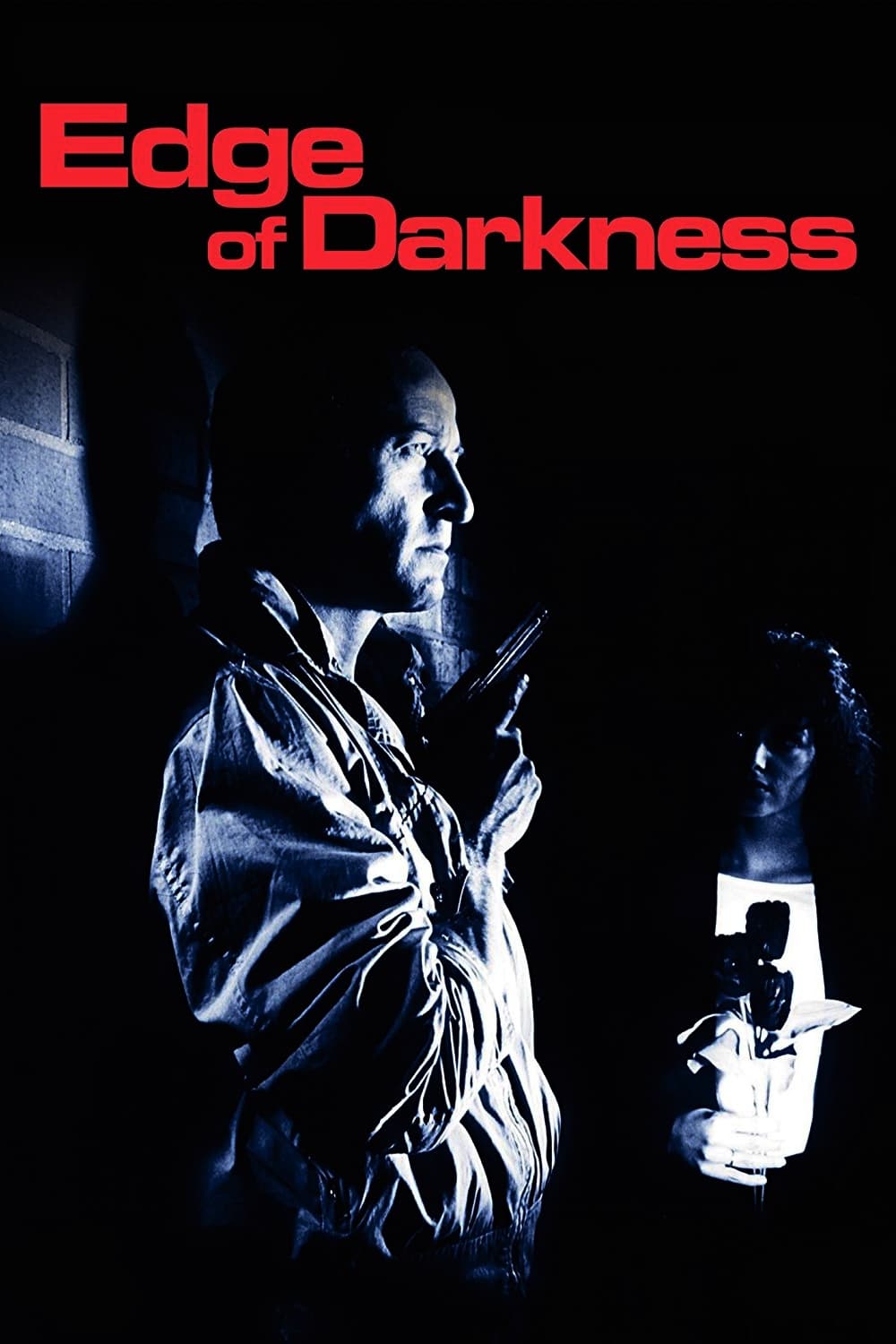21 Feb Edge of Darkness (1985)
Dickens
I‘m on record here as someone who believes that TeeVee fiction is a net negative in our lives. The ugliness of the marketplace in general, the specific requirement to sell, sell, sell. The fickle commitment the home appliance brings are probably all more restricting than the constraints of the device in framing, etc. At any rate, I’ve been actively without a TeeVee my entire adult life and better off.
Part of the commitment is a commitment to long form. You just don’t get that in TeeVee, can’t. While short form has its attractions, I‘m in it for depth, and that takes time. But I have to admit that I have now had two experiences that turn that on its head. One is the original ‘Singing Detective,‘ which I not only celebrate, but put it on my list of ‘fours,‘ as essential viewing. Not quite up to that standard, but quite a bit more valuable than most theatre films is this, ‘Edge of Darkness.‘ It is special.
The long form in this case is the six hours that this medium allows, time for developments that we just don’t get in the theatre, depth that punches through a barrier I forgot was there. You can read others about the story, the acting and so on. All that is good. Particularly novel is the ghost of the daughter; the outer wrapper is a standard detective story with our hero doggedly trying to solve her murder. Police ineptitude, kindly but wrongheaded police chief, dreary northern England.
But the victim appears and the dialog by itself, the post-murder interaction between detective and victim, and the complexities of their relationship is pure genius. My usual comment would focus on how this ‘folds‘ the usual stance where the detective is our avatar in the story, with us discovering things beside him. But he knows far more than we do; the ways we discover this are unsettling and engaging. Who are we in this? We seem at times to be her. A strange and sexually flavoured reversal.
But I think there is more that makes this work, and it may be that we will never see these conditions again. I thank the DVD extras for this.
The writer, director and production crew were all talented, but the circumstance was the thing.
Charles Dickens believed deeply in characters and was adept at making key elements of the environment into characters as well. He understood his characters so well that he would trust them to produce an engaging story. He literally would not know where the story was going when he sent off the early chapters to the magazine for publication! I think this commitment, this freedom of narrative, is what made his stories so engaging. He discovered only a moment before we did what weaves his agents produced.
This production was committed to without more than an idea. It began filming before the rest of the story emerged. The original story drivers as it turned out became submerged as part of the complex, shifting environment. We move from internal psychodrama, to police procedural, detective story, a bit of spy thriller, a couple different political sermons… The shifts are huge but nothing of the prior narrative is abandoned. This was all done consciously if the interviews are to be believed, but it was managed in the context of a self-telling story. There is that Dickensian trust, that risk of committing the narrative to those within it.
The last two episodes are unsatisfactory by themselves. By that time we needed some action: guns and flooded caves and all that. The James Bond influence is obvious. The actual science is profoundly wrong. The political stance (noble and valid it its time) is trite now. But no matter. By that time we are invested too deeply to notice.
Posted in 2011
Ted’s Evaluation — 3 of 3: Worth watching.



No Comments